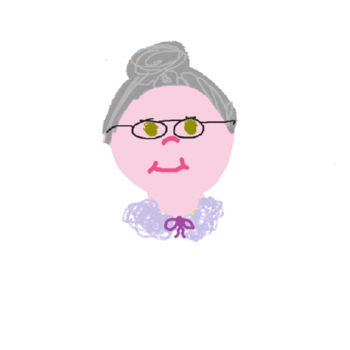Question #b6dbb
1 Answer
Your question is confusing a "phrase" and a "clause".
A "phrase" does not need a subject.
Explanation:
A phrase is a group of words based on a noun or a pronoun that can function as a unit in a sentence.
A clause is a group of words with a subject and a verb.
- An independent clause is a complete thought that can stand on its own as a complete sentence.
- A dependent clause has a subject and a verb but is not a complete thought that can stand on its own.
The sentence, "I wanted ice cream, so I went to the store." is the correct choice because a clause requires a subject.
This is a compound sentence made up of two independent clauses joined by the conjunction "so".
Without the conjunction, each of the two clauses can stand on its own as a complete sentence:
- "I wanted ice cream."
- "I went to the store."
A dependent clause must also have a subject and a verb, for example:
- "I went to the store that I like."
The clause has a subject (I) and a verb (like) but is not a complete thought, it can't stand on its own as a complete sentence.
Now, a quick review of a phrase , which is a group of words based on a noun or a pronoun that can function as the subject of a sentence or a clause, and as the object of a verb or a preposition.
Example phrases:
- the store
- a convenience store
- a neighborhood convenience store
- the ice cream store
Example uses of a phrase:
- " The ice cream store is on the corner." (subject of the sentence)
- "I saw the ice cream store on the corner." (direct object of the verb "saw")
- "I went to the ice cream store for a treat." (object of the preposition "to")

